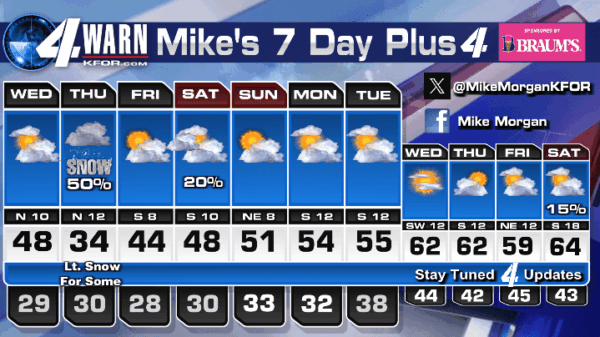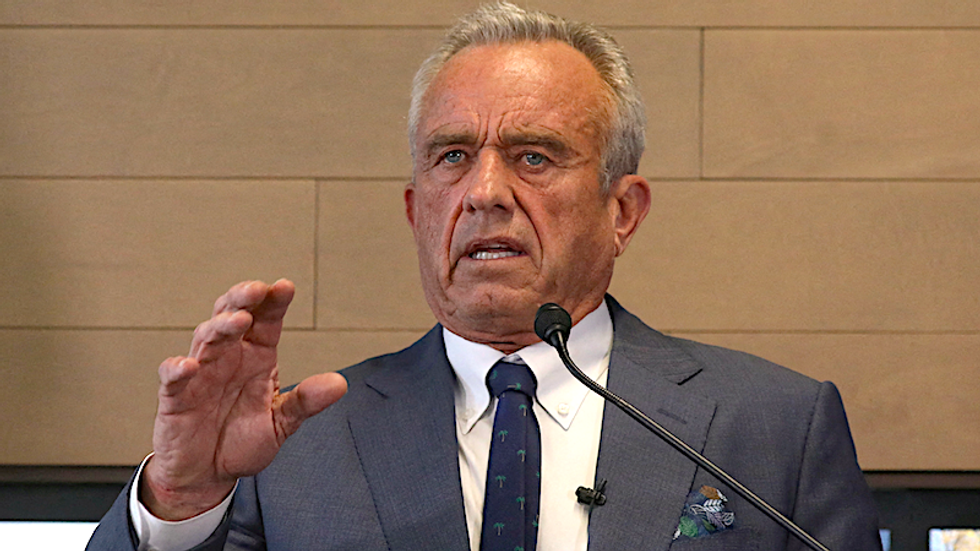UPDATE: The anti-vaccine movement is encountering a significant backlash as parents like Heather Simpson confront the alarming consequences of misinformation. After initially embracing anti-vaccine rhetoric, Simpson’s transformation highlights a growing concern among parents regarding vaccine safety, fueled by recent outbreaks and expert warnings.
As a former anti-vaccine advocate, Simpson, now a mother from Dallas, reflects on her past decisions with regret. “I feel guilty,” she admits, as she witnesses a resurgence of diseases like measles in her community. Her journey began with a $200 investment in the controversial docuseries “The Truth about Vaccines,” which featured Robert F. Kennedy Jr., founder of Children’s Health Defense. Once captivated by his arguments, Simpson now recognizes the dangers of misinformation surrounding vaccines.
Medical experts are sounding alarm bells as the landscape shifts. Taryn Chapman, a vaccine specialist, warns, “Vaccine skepticism has worsened with the messages coming from Kennedy’s Department of Health and Human Services.” With a recent uptick in vaccine-preventable diseases and vaccine hesitancy on the rise, experts emphasize the urgent need for accurate health information.
In her new role as an “anxious vaccinator,” Simpson has launched a website, Back to the Vax, alongside fellow former anti-vaccine advocate Lydia Greene. Greene, a nurse and mother of three, echoes the gravity of the situation, stating, “It feels like a train is coming at you, and you can’t do anything about it.”
The political climate has intensified the challenge, as Kennedy’s policies have raised concerns among healthcare professionals. He has appointed vaccine skeptics and slashed funding for vaccine research, which has left many parents confused and fearful. Leslie Treece, a pediatrician in Tennessee, notes that misinformation is leading to a growing number of parents refusing vaccinations, endangering public health.
The implications are dire. As herd immunity weakens, experts predict that outbreaks of diseases previously under control could become commonplace. “We’re going to have to learn how to treat these things again,” Treece warns, referring to diseases like meningitis that have largely been eradicated due to vaccinations.
The emotional toll on parents is palpable. Simpson’s realization came when her daughter was injured by a feral cat, prompting her to seek out vaccinations. “I was tired of being scared of tetanus,” she said, highlighting the critical moment that shifted her perspective.
Amidst the chaos, experts urge cautious optimism. Greene points to local outbreaks as a potential turning point for hesitant parents. “Once they realize, ‘Oh, this can kill my kid,’ that’s when we see change,” she explains. However, the path ahead is fraught with challenges as misinformation continues to spread rapidly, especially on social media.
As health professionals brace for the impact of vaccine hesitancy, the urgency for accurate information has never been clearer. “I hope people smarten up before we see this massive consequence to the most innocent people in our society,” Greene concludes, emphasizing the dire need for awareness and action.
The clock is ticking as the debate over vaccination intensifies. With parents like Simpson and Greene leading the charge for change, the future of public health hangs in the balance. As awareness grows, so too does the hope for a return to informed choices and community health.






































































